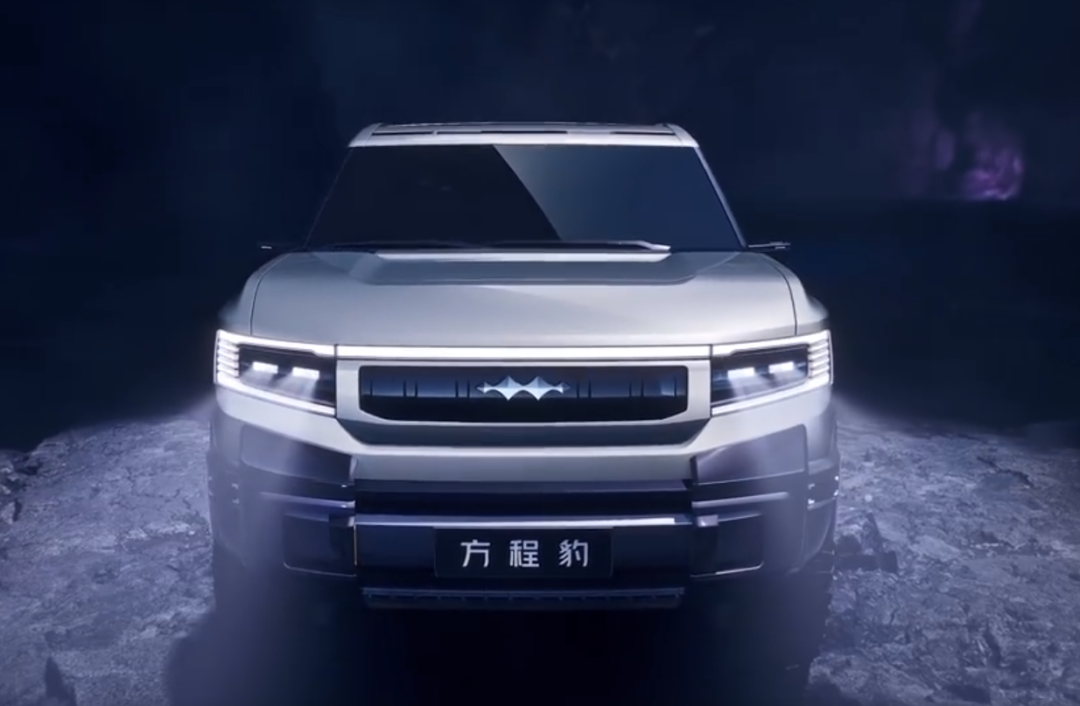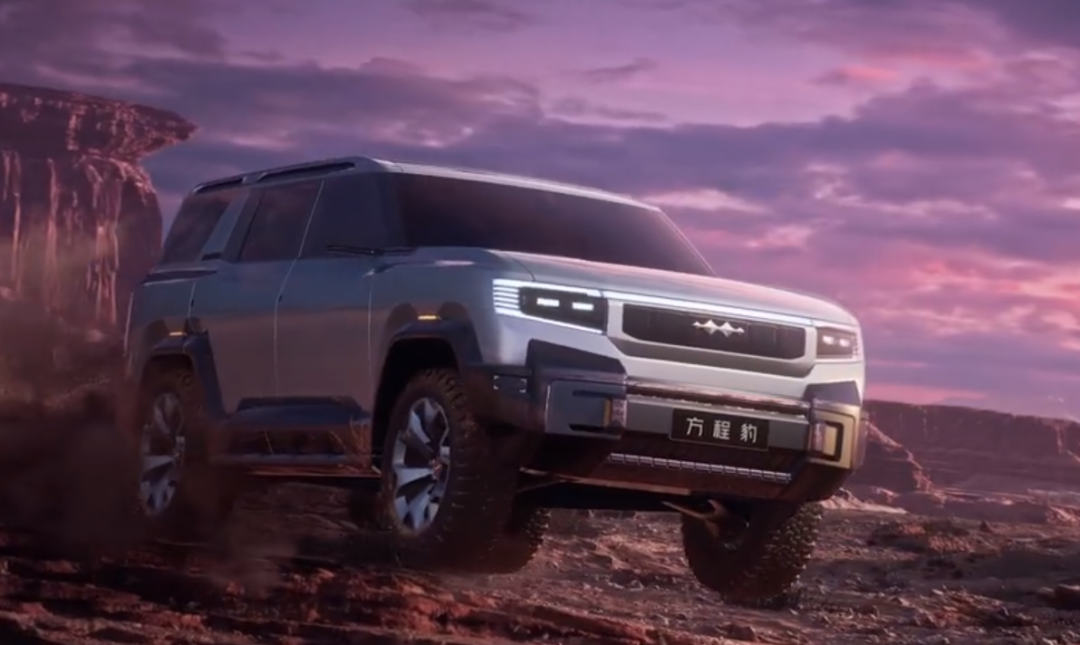Can Huawei, as an 'external helper', aid BYD in 'defeating' Great Wall?
![]() 08/09 2024
08/09 2024
![]() 634
634
In the new energy vehicle market, BYD, the 'sales champion', is fast becoming a 'god-like' existence.
The company's monthly sales of complete vehicles have almost become the annual sales target of individual automakers, and its daily sales (exceeding 10,000 in July) are even comparable to the monthly sales data of many automakers.
For a long time, in the field of new energy vehicle electrification, BYD has personally taken care of every detail in every supply link, not only achieving self-supply cost reduction but also earning a considerable amount of 'side income' through external supply.
However, even this automaker at the forefront of new energy electrification has some 'unspeakable secrets.' Intelligence is the shortcoming in BYD's barrel effect. Yet, intelligence is particularly crucial in the 'second half' of new energy vehicles, as described by Wang Chuanfu.
Currently, BYD is accelerating efforts to fill this gap. In the short term, relying solely on itself may be insufficient, as 'specialized tasks must be entrusted to specialists.'
Therefore, BYD has set its sights on Huawei, which is currently 'in its prime,' insists on not 'making cars' but 'helping automakers make good cars,' and has become a capable assistant in automakers' intelligence efforts.
So, how can Huawei's 'hand' help BYD?
On August 9, Car2C noticed reports suggesting that some versions of BYD's FANGZHENGBAO 'Bao 8' will adopt Huawei's intelligent driving solution, and the project is already underway.
According to the project plan, Bao 8 is FANGZHENGBAO's second off-road vehicle, positioning it as the most premium and expensive model (priced in the 500,000 yuan range). It will also be FANGZHENGBAO's first model to achieve city NOA.
In other words, BYD, which has always pursued a 'cost-effective' approach, has a 'dream of premium models' to increase the profit margin per vehicle. It wants to sell more and more expensive cars, breaking free from the shackles of the 200,000 yuan market.
Bao 8 embodies all of BYD's aspirations.
However, selling 'expensive' cars must have a reason. Intelligent driving may be the 'glamorous cloak' that BYD drapes over Bao 8.

Moreover, it is worth mentioning that BYD's primary competitor for Bao 8 is Great Wall's Tank 700 Hi4-T, priced between 428,000 and 468,000 yuan.
Great Wall has always been a formidable opponent in the off-road vehicle segment that no automaker can ignore when entering this market. Even before the launch of BYD's FANGZHENGBAO Bao 5, many industry insiders and consumers had already compared it with Great Wall's Tank 300.
In the eyes of many, new energy off-road vehicles seem like a pseudo-proposition, and Great Wall's fuel-powered off-road vehicles are the 'real deal.'
Therefore, if BYD's Bao 8 catches up with Great Wall's Tank 700 Hi4-T again and is priced higher, BYD indeed needs to offer something 'new' beyond electrification.
At the July communication meeting, Xiong Tianbo, General Manager of the FANGZHENGBAO Business Unit, revealed that 'Bao 8 will bring new surprises in the intelligent driving experience.'
Now it seems that Huawei's advanced intelligent driving solution may be one of those surprises.
Road test information indicates that Bao 8 is equipped with a lidar absent from Bao 5 – one of the hardware foundations of Huawei's Kunpeng ADS 3.0.

In April this year, Huawei released this intelligent driving solution, enabling advanced functions such as city NOA. This solution debuted in Huawei and BAIC's cooperation model, the Enjoy S9 (priced between 399,800 and 449,800 yuan). From September, the M5, M7, M9, and ZHIJIE S7 models will be upgraded to ADS 3.0. By 2025, Dongfeng Hoval and GAC Trumpchi will also launch models equipped with Kunpeng ADS 3.0.
This is BYD's first collaboration with Huawei, another giant in the intelligent driving field.
Previously, BYD's intelligent driving suppliers were mostly startups in their growth stage, such as Momenta, Horizon Robotics, Black Sesame Technology, DJI, and Hongjing Intelligent Driving, whose solutions or chips were adopted in models like the Denza, Yangwang, Dynasty, Ocean Network's Han, Tang, and Sea Lion.
Industry analysts suggest that BYD's introduction of Huawei, a giant, as its intelligent driving supplier, may aim to stimulate high-end vehicle sales and establish a high-end brand more quickly. As the flagship model of FANGZHENGBAO, Bao 8 needs to establish a premium image for the brand, and Huawei's intelligent driving solution is one of the breakthrough points.
So, can BYD achieve its aspirations?
It's worth noting that Great Wall's Tank 700, which was first launched in February this year, is also equipped with certain intelligent driving features. It is reported that this model is equipped with Haomo's advanced intelligent driving HP350 and lidar, enabling L2+ level assisted driving functions such as highway and urban expressway NOA.
Although Huawei's intelligent driving solution is positioned as high-end, and its capabilities are widely recognized within the industry, it is worth noting that as an off-road vehicle, the driving experience and off-road performance are more crucial. Can Bao 8's choice to add a slightly more advanced intelligent driving solution than its competitors really attract consumers to spend nearly 40,000 yuan more on purchasing it?
(Images in the article are sourced from BYD's Weibo account)






